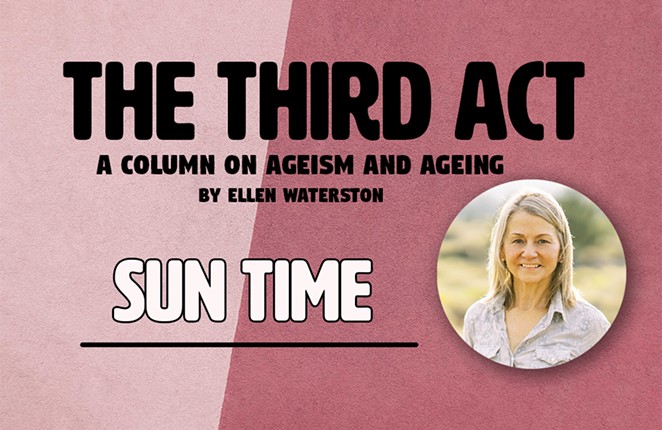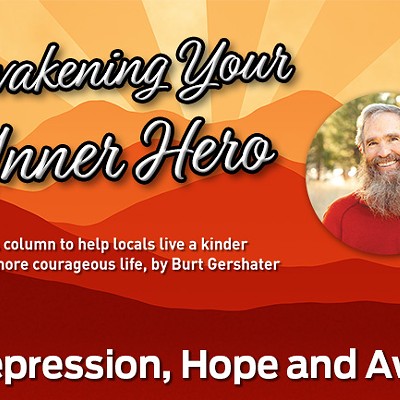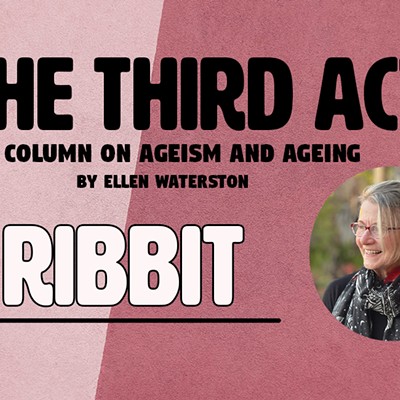Happy Daylight Saving Time! Sorry to say, no time has actually been saved, just shifted. We lose an hour in March to "spring forward" by adding daylight to the evening and gain an hour or "fall back" in November by adding daylight to the morning. Make sense? Not to me. But apparently it did to railroad barons, wartime presidents and Chambers of Commerce. What they have in common is the manipulation of time for economic benefit.
Money and clock time got together long before honky-tonk singer Lefty Frizzell's compelling proposition. To preempt federal involvement, 19th-century American railroad tycoons imposed the Eastern, Central, Mountain and Pacific time zones to establish predictable on-time service. The zones replaced a mishmash of local "sun times" where high noon was determined by the sun's position over their respective towns. The first U.S. law imposing DST went into effect during WWI. Although the official reason, as in Europe, was to save fuel, the U.S. Chamber of Commerce was betting more people would shop and attend outdoor sports events on sunny evenings after work. The next DST policy was enforced during WWII to reduce energy consumption, but many saw dollar signs. After that war ended many American cities, having financially benefited from longer-lasting afternoon light, stayed with the time change. The result, according to Michael Downing, author of "Spring Forward: The Annual Madness of Daylight Saving Time," was, "cities observing Daylight Saving Time surrounded by rural areas that are not, and no one can tell what time it is anywhere." To belatedly make order out of chaos, President Lyndon Johnson signed the Uniform Time Act in 1966: six months of Daylight Saving Time in the spring and six months of Standard Time in the fall. In 2005, after lobbying by barbecue manufacturers and the golf industry, Daylight Saving Time was increased to eight months to capture the dollars consumers would spend while enjoying eight extra weeks of late afternoon tee time and burgers.
"Clock time is not what most people think it is. It was created and is frequently altered and adjusted to fit social and political purposes," says Joe Zadeh in his article "Tyranny of Time," in "NOEMA". To wit, Daylight Savings Time and the seven-day week were whimsically made up and, as of March 10, high noon is now high one o'clock. Zadeh states, "Like money, the clock has come to be seen as the thing it was only supposed to represent. The clock has become time itself." Indeed, time is money—to be spent or wasted. In the name of efficiency and productivity, we apply clock time to even the most natural of processes. A strict timetable for contractions, cervical dilation and delivery is now standard in U.S. hospitals. Birthing my first child in 1976, when my labor subsided the doctor quipped, "You have a union uterus! Your contractions stopped right at 5 pm!" He promptly injected me with oxytocin to get things back on schedule. Even dying doesn't get a pass. There are any number of "death clocks" online that determine everything from the total number of seconds you have left to live, to what health risks affect your life expectancy and how to average those and other data points for an even more accurate projection.
U.S. Congress is currently considering legislation to permanently impose Daylight Saving Time across the country. It looks as if money considerations will triumph even though many oppose DST. Farmers don't like it because it leaves them with less dawn light to get milk, protein and produce to market. Many citizens are fine with Standard Time as summer days get longer on their own. Doctors favor Standard Time because DST is out of sync with the natural rhythms of the body resulting in a variety of health complications. And the claims that Daylight Saving Time saves on energy consumption? Generally refuted.
Whatever the legislative decision, no sleight of time-altering hand can change what we know is the natural outcome of lives well lived. Honest acknowledgement of that most natural of cycles results in living in time with time rather than trying to bend it to economic or any other will. The grip of clock time loosens as we age. In the face of the finite, though time still flies by, it does so in a more generous and natural way...more like sun time.
Zadeh points to religious and indigenous traditions of timekeeping, to ecological clocks and calendars that have withstood the test of, guess what, time! "There are more ways to arrange and synchronize ourselves with the world around us than the abstract clock time we hold so dear."
























